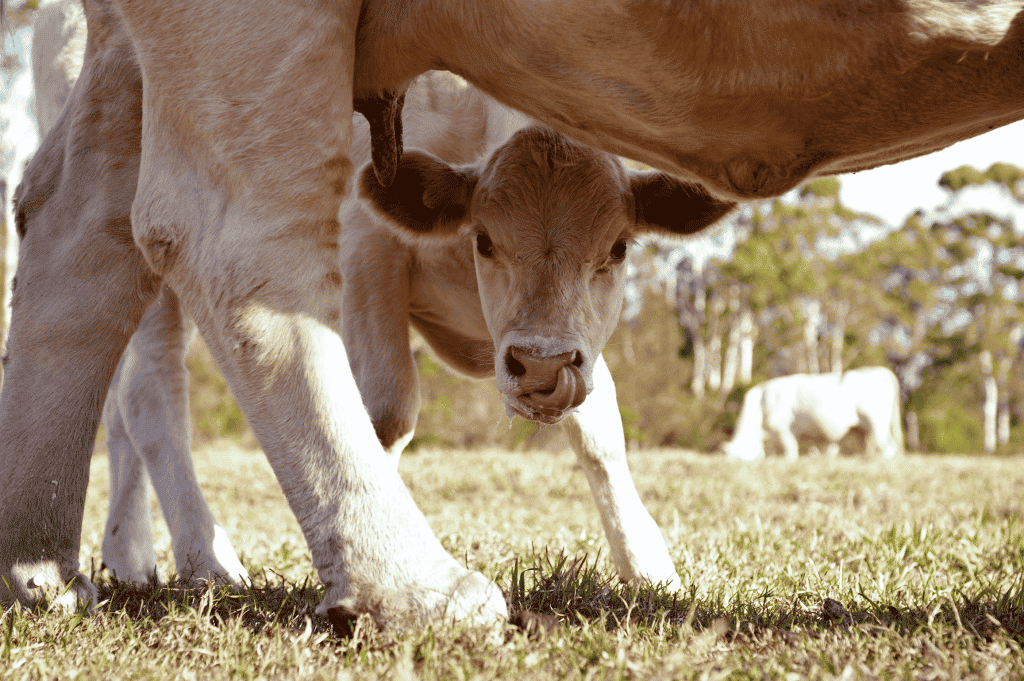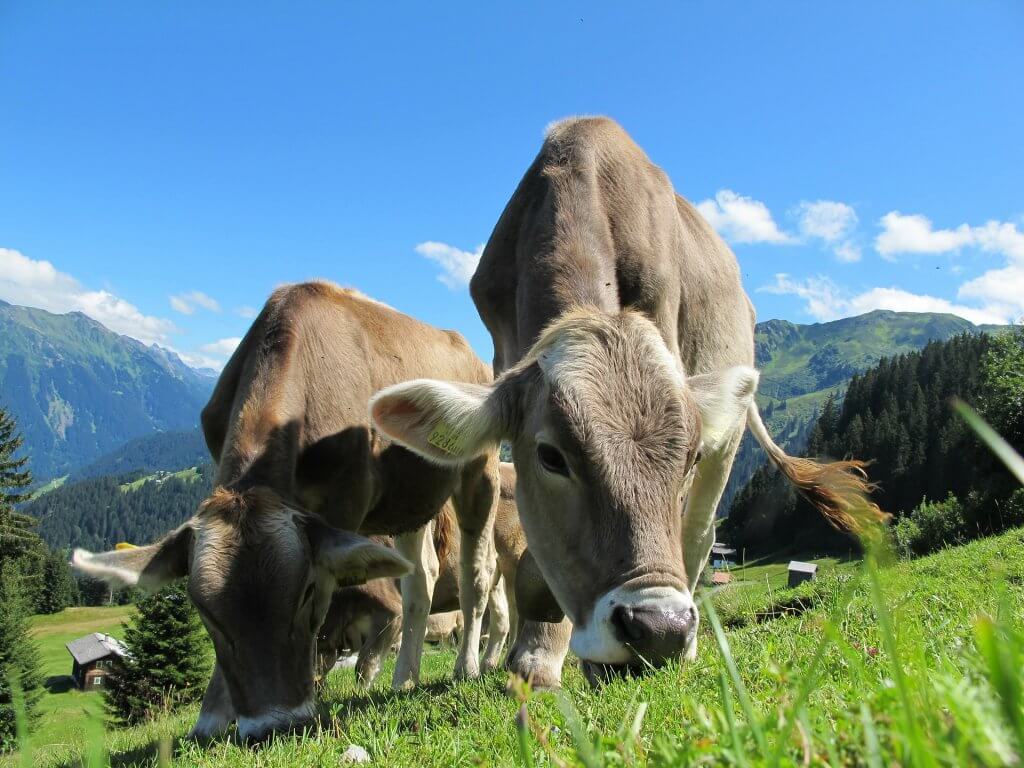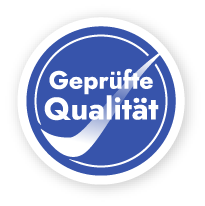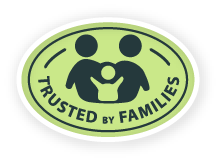
armacura – The raw Material
Colostrum, also known as pre-milk or first milk, is the first substance produced by mammary glands after pregnancy. This applies to humans and mammals alike.
The mostly thick and yellowish Colostrum from cows (so called bovine Colostrum) is also referred to as beast milk.
Newborn calves need the immune components of Colostrum in order to survive since they don’t receive passive immunity through the placenta like humans do.
Within its first hours a calf receives about 80% of those important ingredients for a functioning immune system through Colostrum thanks to its natural compounds and perfect bioavailability.
Colostrum is rich in amino acids, vitamins, minerals, micro nutrients, enzymes natural growth factors and bioactive immune substances.
The porous structure of a calf’s intestines allows proteins to overcome the intestinal wall. This condition of the intestinal wall changes within 24 hours and the immune capacity of Colostrum becomes restricted.
Supplementation with Colostrum
Supplementation with bovine Colostrum (BC) has a long tradition. Already in the 18th century the German doctor Hufeland found out about its important influence on growth and health of calves and used BC with his animals and patients.
During the Civil War (1861-1865) it was used in the US to treat the wounded and as an antibacterial agent until the first antibiotic was discovered.
The idea to use BC for prophylaxis and therapy with humans and animals was picked up again in 1955. The focus was on transfer of passive immunity. But it wasn’t until the end of the 1980s that new separation technology made it possible to enrich Immunoglobulins and other fractions of protein.
Today, Colostrum meant for human consumption is taken from the leftover of the first milk of cows. This happens within 24 hours after calving when the concentration of immune substances and growth factors is the highest.

Colostrum Ingredients
Amino Acids are essential protein building blocks for cell metabolism and cell regeneration. Lack of amino acids can be the origin of growth disorders and a general weakening of the immune system. Optimal supply of amino acids guarantees physical and mental energy and is key to our productivity.
Immunoglobulins (= Antibodies) play a critical role in protecting the human organism from infections. It is safe to say that cows produce many different kinds of Immunoglobulins which lead to a passive immunization in humans. Almost always does bovine colostrum contain immune substances that help fight E-Coli bacteria, a common cause for diarrhea and vomiting. It is proven that a cow produces about 2 kg of immunoglobulins within the first three days after giving birth.
Natural Growth Factors have an influence on almost every cell activity in the body. They can promote growth of many types of cells while slowing down the growth of others. A Growth Factor can protect the protein layer of the muscle cell while another one promotes growth of bones and cartilage. On the other side there are Growth Factors which prevent harmful cells from growing. This interaction of individual Growth Factors creates a perfect balance of the cell metabolism. Furthermore, certain Growth Factors are capable of influencing the immune system and stimulating the body’s own production of Immunoglobulins.
Vitamins are necessary for a functioning metabolism of proteins, carbohydrates and fats. The consequences of vitamin deficiency are well known today.

Further ingredients are Cytokines which stimulate the lymph glands and contain highly potent antiviral immune factors. Glykolproteines enable Immune and Growth Factors to pass the sour digestive system. Lactoferrin and Transferrin carry iron to the red blood cells and protect iron from being accessed by bacteria and virus. Prolaktin activates lactal secretion. Lactobacillus Bifidus Acidophilus supports digestion and reduces harmful bacteria and funguses within the digestive system.
Colostrum also contains Endorphines, Interferone, Biotin, L-Carnitin, Melatonin, Insulin, Lysozym, C3, C4 and Orosomucoid. A-1-Fetoprotein, a-1-Antitrypsin, Prolaktin, Xanthin Oxidase, Lactoperooxidase, Prolin-rich Polypeptides (PRP) etc.


